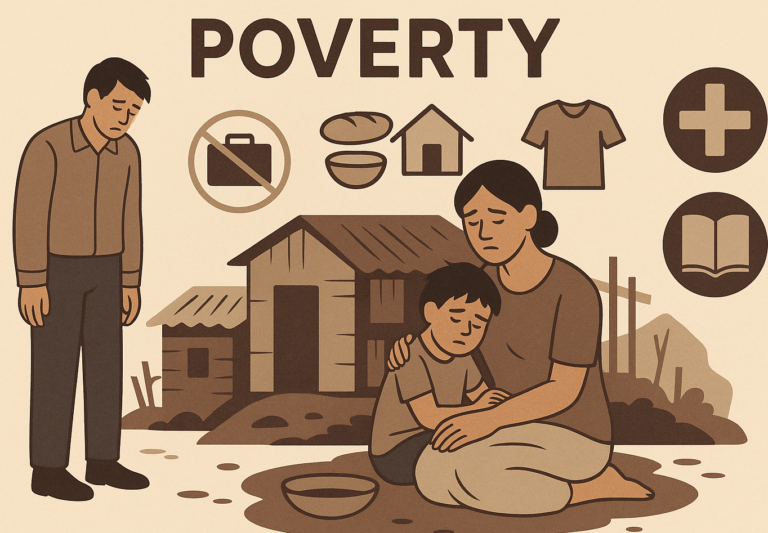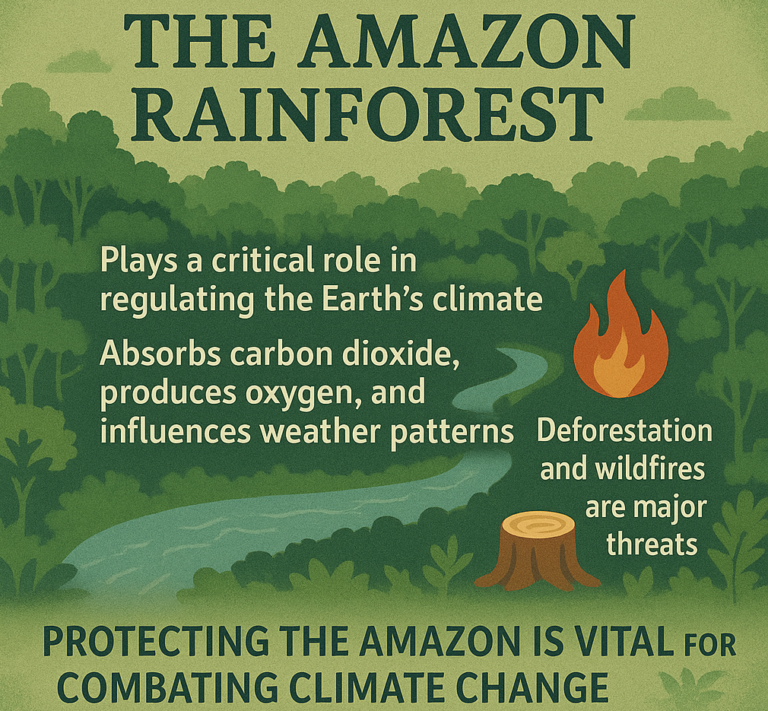Libraries play a key role in promoting literacy, which is the ability to read, write, and understand information. They do this in several important ways that help people of all ages improve their reading and writing skills.

1. Providing Access to Books and Reading Materials
Libraries give people access to a wide range of books, magazines, newspapers, and other reading materials. This helps readers of all ages and abilities find things that interest them and support their learning. For example:
- For children, libraries offer storybooks and picture books that are fun and engaging, helping them develop an interest in reading.
- For adults, libraries provide books and resources for skill-building, career development, or just for enjoyment, making it easier to continue learning.
2. Storytelling and Reading Programs
Many libraries host reading programs, such as story times for young children. These programs help children develop their listening skills, vocabulary, and understanding of language. In addition, they teach kids how books work and the excitement of reading.
- Libraries may also offer book clubs or reading groups, which can help children and adults engage with literature, improve comprehension, and make reading a social activity.
3. Supporting Early Literacy Development
Libraries are often involved in programs that help young children get a good start with literacy. They provide access to educational toys, games, and interactive activities that promote letter recognition, phonics (the sounds of letters), and basic writing skills.
4. Adult Literacy Programs
Libraries also play a role in helping adults improve their reading and writing skills. Many libraries offer adult literacy programs that help individuals who may not have strong reading or writing skills. These programs can teach adults how to read, write, and understand things like job applications, forms, and other essential documents.
5. Providing Computers and Technology Access
In today’s digital world, literacy includes the ability to understand and use technology. Libraries provide access to computers and the internet for people who might not have these resources at home. People can learn to use digital tools, access online courses, and read digital books. This helps improve digital literacy, which is just as important as traditional literacy.
6. Free Learning Resources and Workshops
Many libraries offer free workshops and classes that teach literacy skills. These could include:
- Writing workshops, where people learn to write better.
- English as a Second Language (ESL) classes, for non-native speakers.
- Book-making or creative writing classes for kids and adults to help develop their writing abilities.
7. Creating a Love for Reading and Learning
Libraries help create a positive reading environment. They encourage people to see reading not as a chore, but as a fun, enjoyable, and useful activity. When children and adults enjoy reading, they’re more likely to read more often, which naturally improves their literacy skills over time.
8. A Safe and Welcoming Space
Libraries are free and open to everyone, regardless of their background or education level. This makes them an inclusive space where people from different walks of life can come together to learn, read, and improve their skills without judgment or cost.
9. Helping People Improve Critical Thinking and Comprehension
Libraries don’t just focus on teaching how to read words—they also help people improve their ability to understand and think critically about what they read. For example, libraries may help with reading comprehension activities or host discussions about books, encouraging people to think deeply about the text and share ideas.
10. Encouraging Lifelong Learning
Libraries support the idea that learning doesn’t stop after school. People can keep learning throughout their lives, whether by reading, attending classes, or participating in educational programs at the library. This helps people maintain and improve their literacy skills at all ages.
Summary:
Libraries are crucial for promoting literacy because they provide access to books and learning resources, support children and adults with various literacy programs, encourage reading for fun and education, and offer a welcoming space for everyone. They help people of all ages build their reading, writing, and thinking skills, making a big impact on the community’s overall literacy.











